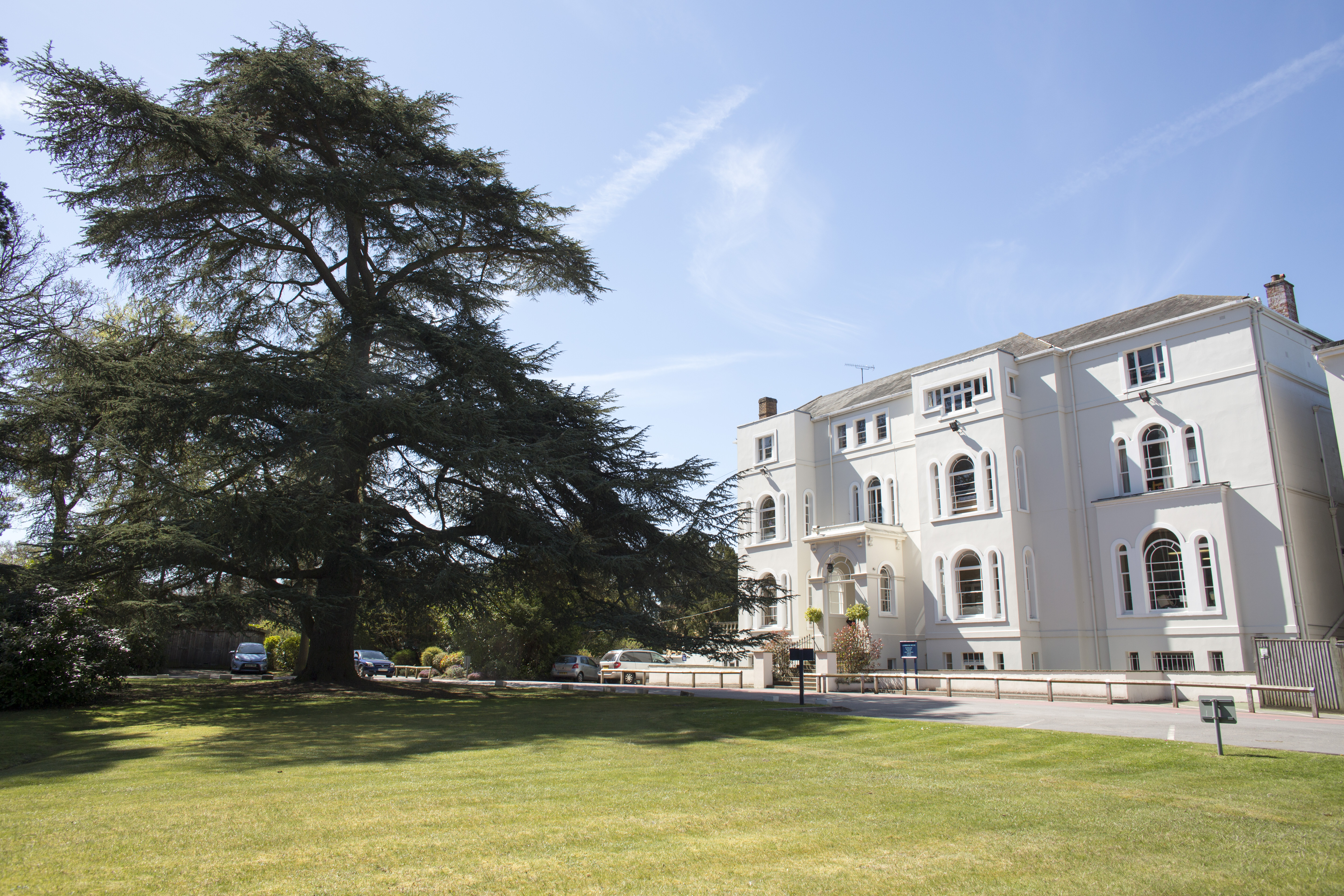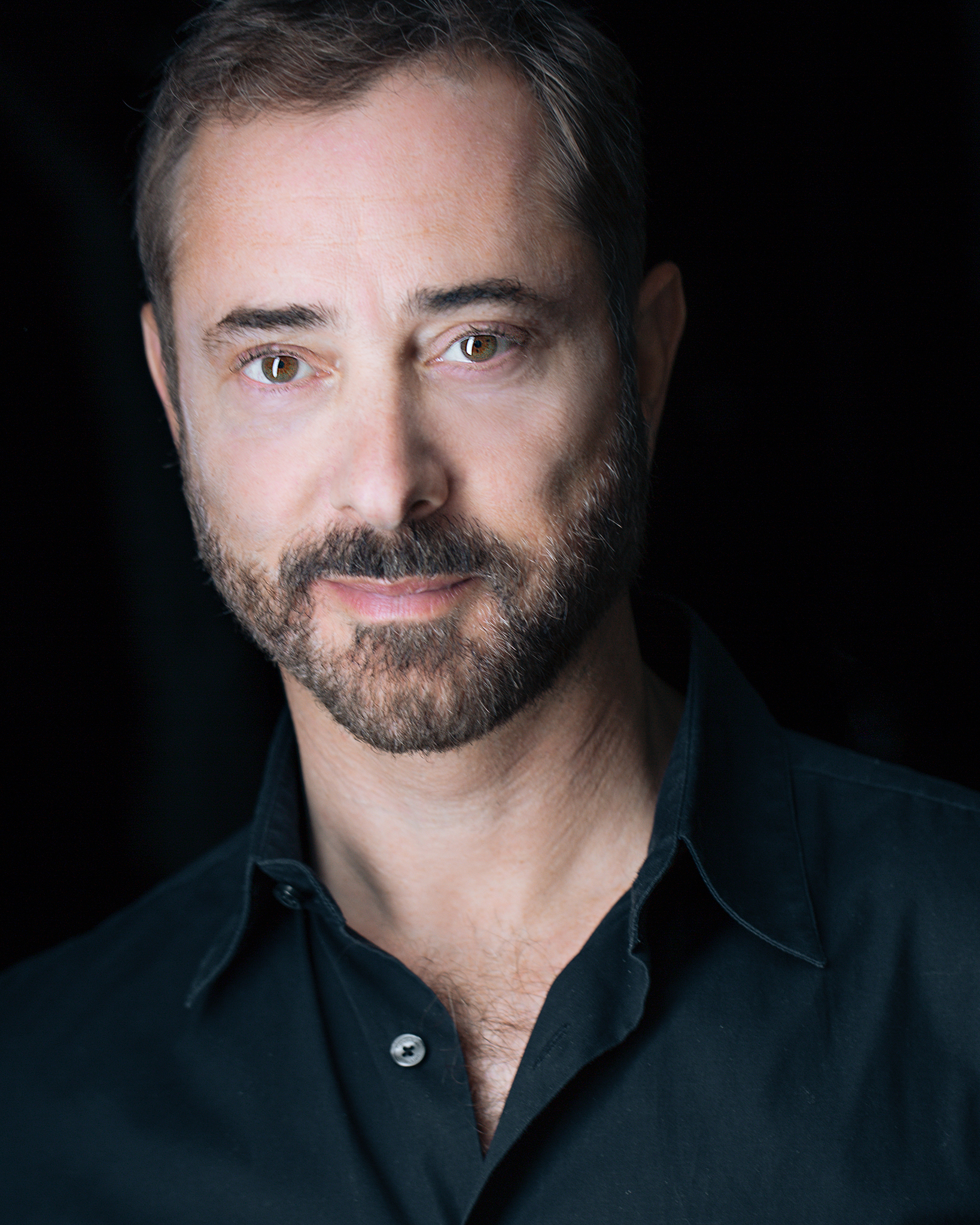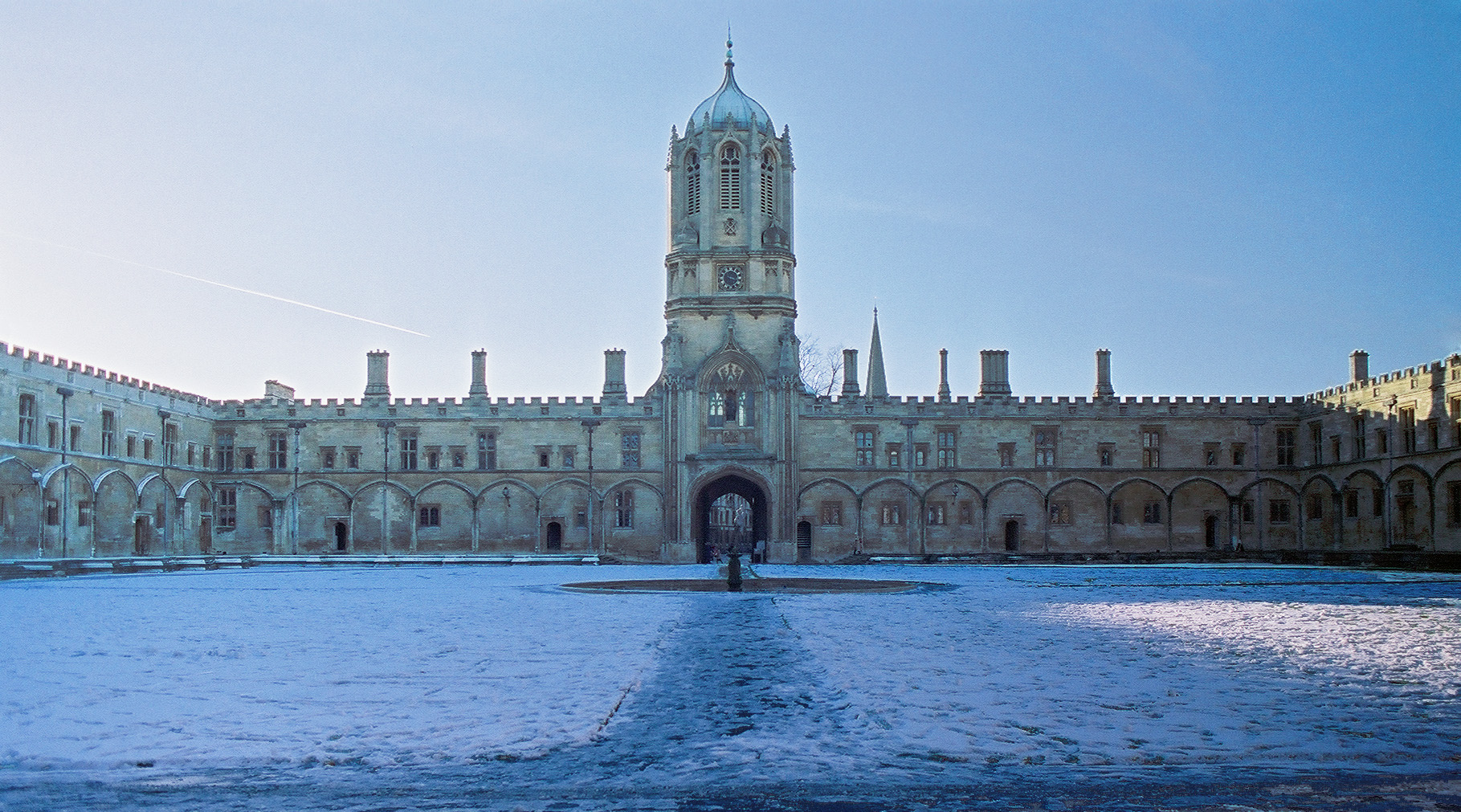|
St Hugh's School, Faringdon
St Hugh's School is a preparatory school near Faringdon in Oxfordshire. The school is co-educational, day and boarding, offering both weekly and flexi-boarding, and has 350 pupils aged 3 to 13 years. History St Hugh's was established at Morland House, Chislehurst, Kent, in 1906, before moving to Lamas House (which became a hospital during the First World War) and then Widmore Court in nearby Bickley, then in Kent. During the Second World War the school was evacuated to Malvern Wells in Worcestershire. During the school's absence from Kent, its buildings became the temporary wartime offices of Hodder & Stoughton. However, these were destroyed by a V-1 "Doodlebug" in the early morning of 27 June 1944. The school did not, therefore, return to Kent after the war but relocated to Carswell Manor then in Berkshire, a Jacobean country house with grounds. The school bears the name of Hugh of Avalon, Bishop of Lincoln from 1181 to 1200. It is a member of the Independent Association ... [...More Info...] [...Related Items...] OR: [Wikipedia] [Google] [Baidu] |
Preparatory School (UK)
A preparatory school (or, shortened: prep school) in the United Kingdom is a fee-charging independent primary school that caters for children up to approximately the age of 13. The term "preparatory school" is used as it ''prepares'' the children for the Common Entrance Examination in order to secure a place at an independent secondary school, typically one of the English public schools. They are also preferred by some parents in the hope of getting their child into a state selective grammar school. Most prep schools are inspected by the Independent Schools Inspectorate, which is overseen by Ofsted on behalf of the Department for Education. Overview Boys' prep schools are generally for 8-13 year-olds, who are prepared for the Common Entrance Examination, the key to entry into many secondary independent schools. Before the age of 7 or 8, the term "pre-prep school" is used. Girls' independent schools in England tend to follow the age ranges of state schools more closely than th ... [...More Info...] [...Related Items...] OR: [Wikipedia] [Google] [Baidu] |
Berkshire
Berkshire ( ; in the 17th century sometimes spelt phonetically as Barkeshire; abbreviated Berks.) is a historic county in South East England. One of the home counties, Berkshire was recognised by Queen Elizabeth II as the Royal County of Berkshire in 1957 because of the presence of Windsor Castle, and letters patent were issued in 1974. Berkshire is a county of historic origin, a ceremonial county and a non-metropolitan county without a county council. The county town is Reading. The River Thames formed the historic northern boundary, from Buscot in the west to Old Windsor in the east. The historic county, therefore, includes territory that is now administered by the Vale of White Horse and parts of South Oxfordshire in Oxfordshire, but excludes Caversham, Slough and five less populous settlements in the east of the Royal Borough of Windsor and Maidenhead. All the changes mentioned, apart from the change to Caversham, took place in 1974. The towns of Abingdon, Didcot, Far ... [...More Info...] [...Related Items...] OR: [Wikipedia] [Google] [Baidu] |
John Bryan Ward-Perkins
John Bryan Ward-Perkins, (3 February 1912 – 28 May 1981) was a British Classical architectural historian and archaeologist, and director of the British School at Rome. Family and early life John Bryan Ward-Perkins was born on 3 February 1912 in Bromley, Kent, the eldest son of Bryan Ward-Perkins, a British civil servant in India, and Winifred Mary Hickman. He attended Winchester College and New College, Oxford, graduating in 1934. He was awarded the Craven travelling fellowship at Magdalen College, which he used to study archaeology in Great Britain and France. Career Ward-Perkins served as assistant under Sir R. E. Mortimer Wheeler (1890–1976) from 1936 to 1939 at the London Museum. There he wrote a catalogue of the museum's collection. During these years he was also involved in the excavation of a Roman villa near Welwyn Garden City. In 1939 he became chair of archaeology at the Royal University of Malta. During the Second World War, Ward-Perkins saw military servi ... [...More Info...] [...Related Items...] OR: [Wikipedia] [Google] [Baidu] |
Top Of The Pops
''Top of the Pops'' (''TOTP'') is a British Record chart, music chart television programme, made by the BBC and originally broadcast weekly between 1January 1964 and 30 July 2006. The programme was the world's longest-running weekly music show. For most of its history, it was broadcast on Thursday evenings on BBC One. Each show consisted of performances of some of the week's best-selling popular music records, usually excluding any tracks moving down the chart, including a rundown of that week's singles chart. This was originally the Top 20, though this varied throughout the show's history. The Top 30 was used from 1969, and the Top 40 from 1984. Dusty Springfield's "I Only Want to Be with You" was the first song featured on ''TOTP'', while the Rolling Stones were the first band to perform, with "I Wanna Be Your Man". Snow Patrol were the last act to play live on the weekly show when they performed their single "Chasing Cars". Special editions were broadcast on Christmas Day ... [...More Info...] [...Related Items...] OR: [Wikipedia] [Google] [Baidu] |
Johnnie Stewart
Lorn Alastair "Johnnie" Stewart (7 November 1917 – 29 April 2005) was a British television producer who worked for the BBC, noted mostly for his role in creating the long-running music programme ''Top of the Pops''. Early life and career Born as Lorn Alastair Stewart, in Tonbridge, Kent, Stewart was the son of Dr Haldane Campbell Stewart, who was also musical but in a different sphere – he was organist and choirmaster at Magdalen College, Oxford, the director of music at the Tonbridge School, Kent, and also notable as a cricketer at Kent County Cricket Club. As a child, Stewart's family played as a string quartet, with Stewart and his sister Jean playing violin, his father playing viola, and his mother playing cello. His sister Jean went on to become a noted performer on viola, performing as a soloist, and in chamber music and orchestras. She performed with the Menges Quartet, the London Bach Orchestra and the English Baroque Soloists. Stewart's grandfather, John Stewart, ... [...More Info...] [...Related Items...] OR: [Wikipedia] [Google] [Baidu] |
Martin Landray
Sir Martin Jonathan Landray (born ) is a British physician, epidemiologist and data scientist who serves as a ''Professor of Medicine & Epidemiology'' at the University of Oxford. Landray designs, conducts and analyses large-scale randomised control trials; including practice-changing international trials that have recruited over 100,000 individuals. Landray previously led the health informatics team that enabled the collection and management of data for the UK Biobank on over half a million people. Early life and education Landray was born the son of a general practitioner, Bob Landray and an anaesthetist, Margaret Bray. He was educated at Abingdon School in Abingdon-on-Thames, Oxfordshire, from 1982 until 1987. He was a prefect and played rugby and cricket. After Abingdon he went on to study medicine at the University of Birmingham, returning later for specialist training in Clinical Pharmacology & Therapeutics, and General Internal Medicine. Career Landray serves as co-chief in ... [...More Info...] [...Related Items...] OR: [Wikipedia] [Google] [Baidu] |
Paramasiva Prabhakar Kumaramangalam
General Paramasiva Prabhakar Kumaramangalam, (1 July 1913 – 13 March 2000) was the 6th Chief of the Army Staff (COAS) of the Indian Army from 1967 to 1969. He was one of the last British-trained King's Commissioned Indian Officer (KCIO) to serve in the Indian Army, and the last KCIO to lead the Indian Army. Early life and education Kumaramangalam was born to P. Subbarayan, who served as Chief Minister of the Madras Presidency between 1926 and 1930, and was a member of the zamindari family of Kumaramangalam from Thiruchengode Taluk, Namakkal District, Tamil Nadu. He was educated at the preparatory St Hugh's School (then in Kent), and at Eton College. He then studied at the Royal Military Academy, Woolwich, and was commissioned into the British Indian Army as an unattached second lieutenant in 1933. He was appointed to the British Indian Army on the 12th of November, 1934. Military life World War II During World War II, he was awarded the Distinguished Service Order (DS ... [...More Info...] [...Related Items...] OR: [Wikipedia] [Google] [Baidu] |
Anthony Fabian
Anthony Fabian is a BritishSound On Sight 3 November 2009: ''Interview with Director Anthony Fabian'' Retrieved 2011-10-09 producer, writer and director of feature films, shorts, documentaries, and classical music programmes made through his company, Elysian Films. He is the director of '''' starring and |
William Jolly Duncan
William Jolly Duncan CBE FRS (1894–1960) was a 20th century Scottish physicist remembered as a pioneer of aeroelasticity and "air flutter" theory critical to modern aviation. Life He was born in Govan on 26 April 1894 the only son and eldest child of Robert Duncan, of Ross & Duncan engineers and boilermakers, and his wife, Mary Ann Jolly (1865-1929). He was educated at Allan Glen's School in Glasgow, then, when his father was elected MP for Govan, he was sent to boarding school in England, studying at Dulwich College before studying Engineering at University College, London under Prof J. D. Cormack. In 1914 he enlisted at the start of the First World War serving in France and Flanders before being returned to Britain in 1916 to use his talents at the Aeronautical Inspection Unit of the Ministry of Munitions. After the war he worked with his father's firm of Ross & Duncan. On the death oh his father, in 1924 he inherited the estate of Dalchonzie near Comrie. However, inh ... [...More Info...] [...Related Items...] OR: [Wikipedia] [Google] [Baidu] |
Henry Chadwick (theologian)
Henry Chadwick (23 June 1920 – 17 June 2008) was a British academic, theologian and Church of England priest. A former dean of Christ Church Cathedral, Oxford – and as such, head of Christ Church, Oxford – he also served as master of Peterhouse, Cambridge. A leading historian of the early church, Chadwick was appointed Regius Professor at both the universities of Oxford and Cambridge. He was a noted supporter of improved relations with the Catholic Church, and a leading member of the Anglican–Roman Catholic International Commission. An accomplished musician, having studied music to degree level, he took a leading part in the revision and updating of hymnals widely used within Anglicanism, chairing the board of the publisher, Hymns Ancient & Modern Ltd., for 20 years. Family and early life Born in Bromley, Kent, Chadwick was the son of a barrister (who died when Chadwick was five) and a music-loving mother. He had a number of accomplished siblings: Sir John Chadwick ser ... [...More Info...] [...Related Items...] OR: [Wikipedia] [Google] [Baidu] |
Dyslexia
Dyslexia, also known until the 1960s as word blindness, is a disorder characterized by reading below the expected level for one's age. Different people are affected to different degrees. Problems may include difficulties in spelling words, reading quickly, writing words, "sounding out" words in the head, pronouncing words when reading aloud and understanding what one reads. Often these difficulties are first noticed at school. The difficulties are involuntary, and people with this disorder have a normal desire to learn. People with dyslexia have higher rates of attention deficit hyperactivity disorder (ADHD), developmental language disorders, and difficulties with numbers. Dyslexia is believed to be caused by the interaction of genetic and environmental factors. Some cases run in families. Dyslexia that develops due to a traumatic brain injury, stroke, or dementia is sometimes called "acquired dyslexia" or alexia. The underlying mechanisms of dyslexia result from differ ... [...More Info...] [...Related Items...] OR: [Wikipedia] [Google] [Baidu] |
Independent Association Of Preparatory Schools
The Independent Association of Prep Schools (IAPS, formerly Independent Association of Preparatory Schools) is a schools association, representing around 670 preparatory schools. The majority of IAPS' schools are in the UK, with other locations including Africa, the Middle East, Singapore, and the USA. IAPS is a part of the Independent Schools Council. History IAPS was founded in 1892, as the Incorporated Association of Preparatory Schools. In 1981 IAPS merged with the Association of Headmistresses of Preparatory Schools, and ten years later moved its headquarters from Kensington to its current offices in Leamington Spa. In 2007 the Incorporated Association of Preparatory Schools changed its legal title to IAPS, and became known as the Independent Association of Preparatory Schools. In 2010, this was shortened to the current form. Organisation IAPS elects a chairman every three years, having changed from a one-year cycle in 2015. The current Chairman is Andrew Nott who ... [...More Info...] [...Related Items...] OR: [Wikipedia] [Google] [Baidu] |




